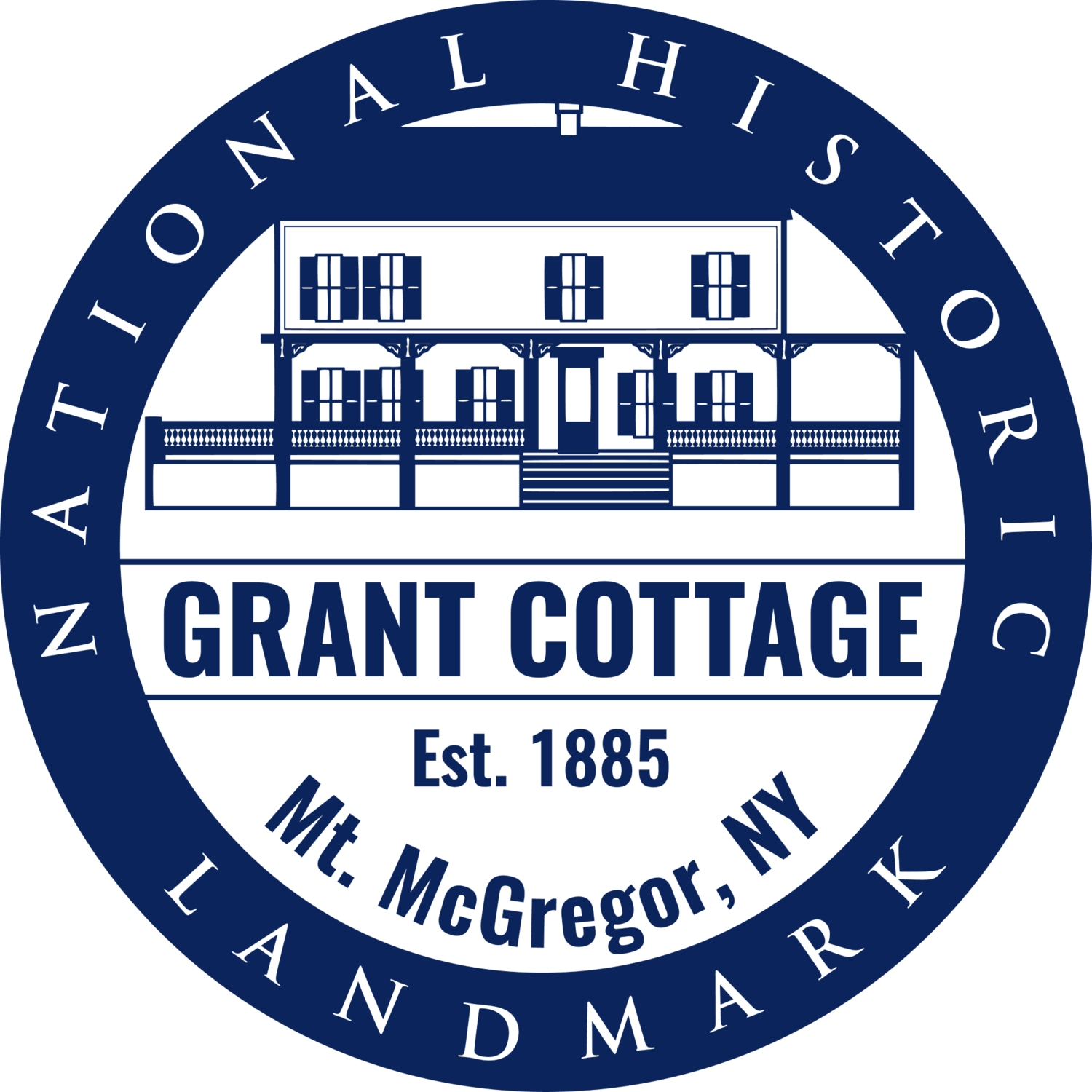The Thin Blue Line
by Ben Kemp
The police force in all its facets has played a pivotal role in our society throughout U.S. history. In honor of their efforts, let’s take a look at how police played a part in the life of U.S. Grant.
Policeman West
In 1872 an interesting incident proved that nobody is above the law, and for good reason. Grant throughout his life had a passion for horseback riding, especially strong and fast horses. It’s hard for us to imagine in our era of modern vehicles but horseback or carriage riding at fast speeds can certainly cause accidents on city streets. William West, an African-American policeman in Washington D.C., was tasked with patrolling the streets. After a few serious carriage-pedestrian accidents in his district, West was on the lookout for speeders. One day he caught President Grant, who always had the fastest team of horses he could procure, going over the speed limit. He gave the President a warning, telling him of the recent accidents. Grant acknowledged his error and vowed to be more aware of his speed. The very next day, however, Grant came right through the same area at an unsafe speed again; this time West was forced to take further action. Grant commented that it was hard to reign in such powerful horses, but West was determined to protect the public safety at the risk of his own job. Fortunately for West, Grant was a man of honor and duty and asked what his fate would be, to which West replied, "I am very sorry. Mr. President, to have to do it, for you are the chief of the nation and I am nothing but a policeman, but duty is duty, sir, and I will have to place you under arrest."
West took Grant to the police station where he paid a $20 bond. The next day he failed to appear and forfeited his money. Instead of using his influence to avoid the fine or threatening West’s job, Grant showed that he was no better than anyone else in the eyes of the law. In fact, it was claimed that Grant went so far as to commend West for doing his duty fearlessly,
Grant later stated, “Let no guilty man escape, if it can be avoided. No personal considerations should stand in the way of performing a public duty.”
Grant and West were reported to have met numerous times afterward, and it is said they frequently spoke of their shared passion: horses. In 1908 West, retired after 35 years on the force, was lauded by the press as “the only policeman who arrested a President of the United States.”
During Grant’s final days, a couple of policemen proved there is never a job too small. Facing terminal illness, Grant and his family made their way by train to Mt. McGregor, near Saratoga Springs, NY. The train stopped at the mountain a short distance from the cottage, where the ailing General was to spend his final weeks. The weakened Grant made a valiant effort to walk uphill to the cottage but was not able to make it far before it was evident he needed assistance. Standing by with a wicker chair were two men from the local Saratoga police force, Detective John Fryer and Constable James Minnick, to bring him the rest of the way. It was reported that the head of the railroad, Mr. Fonda, sent the men $1 each for their actions to which the response from Det. Fryer was, “We are old soldiers who served under Gen. Grant and it will be a cold day when $1 or $100 can reward us for doing him a kindness.” These were men that reflected the core of both service members and police, an overriding sense of duty, something Grant could certainly appreciate.
When invited to a San Francisco Police Widows and Orphans Aid Association benefit in 1879, Grant showed his respect for the duty and sacrifice of police officers by noting the similarity between a policeman’s life and that of a soldier.
Grant & Roosevelt as Police Commissioners
Grant’s eldest son Fred served as a New York City Police Commissioner from 1894-1898 with Theodore Roosevelt. Roosevelt and Grant attempted to combat the rampant corruption and vice in the city but faced overwhelming odds. Both went on to serve their nation in the armed forces, with Fred attaining the rank of Major General and Roosevelt becoming the 26th President of the United States.
Police officers take an oath to serve and protect. They place themselves in the worst situations daily to make our lives safer. Grant knew maintaining law and order was the cornerstone of a stable, productive and healthy society and was willing to acknowledge and support those whose job it was to maintain that order.
Sources:
The Evening Star (Washington DC), Sept. 27, 1908
The Brooklyn Daily Eagle, Oct. 7, 1908
The Evening Star (Washington DC), March 12, 1939
The Marion Enterprise (NY), June 20, 1885
D.C. Police Once Gave the President a Speeding Ticket by Benjamin Freed (NPR), Oct. 4, 2012
Which President Got a Speeding Ticket on a Horse? by Ghosts of DC, March 4, 2014
The Papers of Ulysses S. Grant, Volume 29, pg. 242







